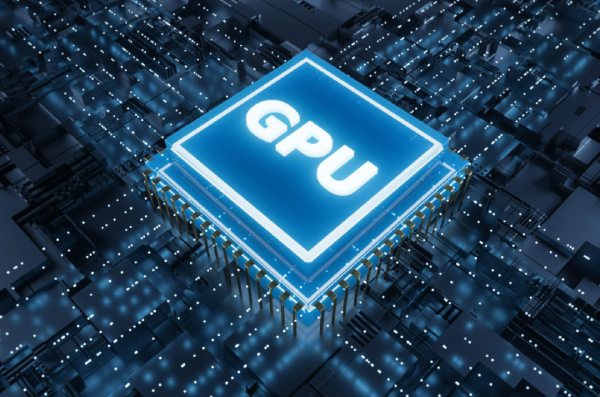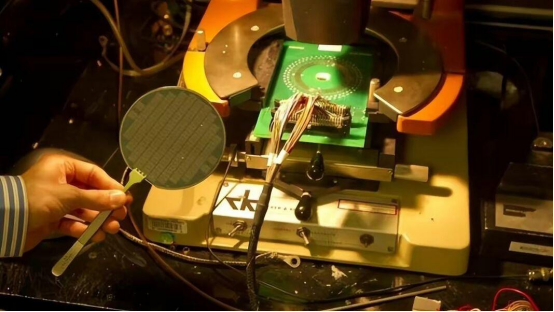
The national interests of the United States stem from the financial and high-tech industries. By influencing global interest rate hikes and cuts, we firmly control the financial industry while also striving to control the top of the technology industry chain, enjoying high returns. As early as October 2022, after the US government issued regulations on the export of advanced chips to China, Nvidia, a well-known American chip manufacturer that had been negotiating with the US Department of Commerce for a year, launched alternative A800 and H800 chips to protect the Chinese market. This continues to erode the interests of the United States, and the US Department of Commerce is quite dissatisfied with this. It believes that Nvidia intends to bypass the government ban, so it tightened restrictions again in October 2023 and included the aforementioned two chips in the regulatory list. At this point, NVIDIA was not satisfied. NVIDIA CEO Huang Renxun told the Ministry of Commerce: NVIDIA is willing to comply with US laws, but where the standards are, always give a clear explanation.
US Commerce Secretary Raymond once said, "Chips and artificial intelligence are crucial to US national security, and protecting our national security is more important than short-term income." This means that the US's grand strategy to suppress Chinese technology has not been relaxed or eased. Since last year, the US government has implemented increasingly strict controls on semiconductor technology and chip exports to China. Under this rule, Nvidia has become a "sacrifice" under the US ban.
This kind of "control" actually provides more chips for the US side. If the US government can tighten chip export controls, then they can seek greater benefits for themselves through this "control" approach in international economic dialogue with China. For example, the US government can use China's dependence on chips to exert more pressure on China in terms of buying US treasury bond bonds and sanctions against Russia, but this time the US has "forced" Nvidia.

In response to the new regulations, Nvidia is currently planning to launch a "castrated version" of H20, L20, and L2 chips with lower computing power, which are "specially supplied" to China. The speed of these three chips is much slower than the A100 and H100, which were banned for the first time, and their performance has been reduced by 25%. However, the price has not correspondingly decreased. According to iFLYTEK, the capabilities of Huawei's Ascension 910B have basically reached the level of NVIDIA A100. A100 is precisely the high-end GPU chip that NVIDIA is prohibited from selling to China by the US Department of Commerce in 2022, so NVIDIA's chips are no longer needed in China.
Due to the "control" of the United States, some Chinese internet giants have partnered with Huawei, including Tencent, Meituan, Baidu, and iFlytek. On the one hand, these network technology giants have transferred their AI chip orders from Nvidia to Huawei. For example, iFlytek has reduced its orders for NVIDIA AI chips and started using the Huawei Ascend 910 series to train its own AI models. Last year, Baidu shifted orders worth 450 million yuan from Nvidia to Huawei, all due to restrictions imposed by the US Department of Commerce on AI chips in China.
The Chinese market is a cake that American high-tech companies such as NVIDIA find difficult to give up. After all, the Chinese market is huge and one of the largest chip consumer markets in the world, which is precisely why Nvidia insists on exclusive versions of chips. For the US government, the main reason for restricting exports to China is due to lack of confidence in itself, but this self-restraint is equivalent to restraining the hands and feet of American companies. Continuing like this, the United States may not only lose market benefits, but it is also likely to drive out major giants like Nvidia. Who will the "ambition" of American semiconductors depend on then?

According to a recent report by Rich Asplund, a columnist for Barchart, the global sugar market is currently experiencing a complex and profound supply-demand game.
According to a recent report by Rich Asplund, a columnist f…
On January 13th local time, the three major US stock indice…
Recently, the 2026 edition of the MIT Technology Review lis…
On January 15, 2026, the US military announced the seizure …
At the 2026 J.P. Morgan Healthcare Conference, a joint anno…
For much of 2025, the market was rethinking whether the dol…